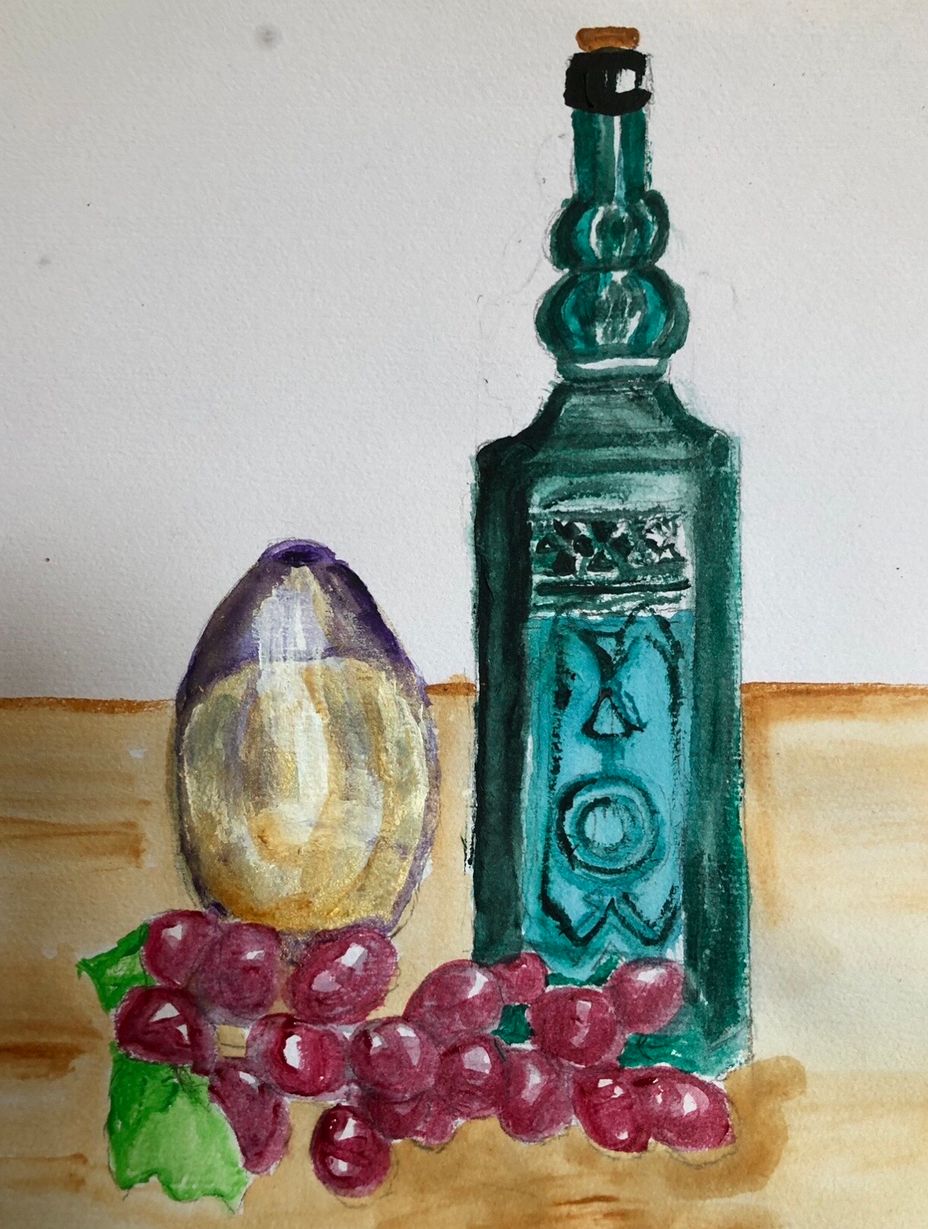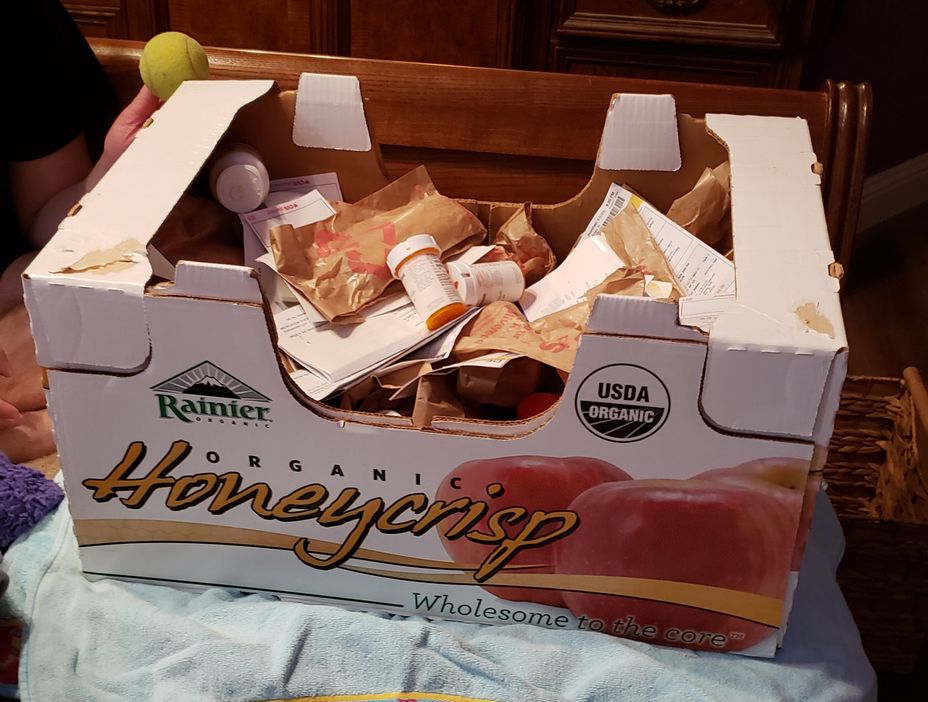Mental health is a difficult topic even for adults, so it can be hard to explain to middle-age kids. However, there are a few middle-grade books that have very relatable protagonists who struggle with mental health:
1.”Better With Butter” by Victoria Piontek
A girl with anxiety disorder finds an unlikely friend—and emotional support animal —in the form of an adorable fainting goat. Twelve-year-old Marvel is afraid of absolutely everything—amusement park rides, food poisoning, earthquakes, and that big island of plastic floating through the ocean. She also obsesses about smaller worries like making friends, getting called on by the teacher, and walking home alone. Her parents and the school therapist call her worries an anxiety disorder, but Marvel calls them armor. If something can happen, it will. She needs to be prepared. But when Marvel stumbles on a group of older kids teasing a baby goat that has mysteriously shown up on the soccer field, she momentarily forgets to be afraid and rescues the frightened animal. Only Butter isn't any old goat. She's a fainting goat. When Butter feels panic, she freezes up and falls over. Marvel knows exactly how Butter feels and precisely what Butter needs—her. Soon, Butter and Marvel are going everywhere together, and Butter thrives under Marvel's support. Butter also helps Marvel. Everything is easier for her with Butter by her side. But just when Marvel starts to imagine a life in which she can manage her anxiety, instead of letting it control her, Butter's owner shows up to claim her. Will Marvel find a way to keep her friend? Or will she revert back to the anxious, lonely person she used to be?
2.”Kissing Doorknobs” by Terry Spencer Hesser
During her preschool years, Tara Sullivan lived in terror that something bad would happen to her mother while they were apart. In grade school, she panicked during the practice fire drills. Then, at the age of 11, it happened. Tara heard the phrase that changed her: “Step on a crack, break your mother's back.” Before Tara knew it, she was counting every crack in the sidewalk. Over time, Tara's "quirks" grew and arranging her meals on plates, nonstop prayer rituals, until she developed a new ritual wherin she kissed her fingers and touched doorknobs....
3. “OCDaniel” by Wesley King
Daniel is the back-up punter for the Erie Hills Elephants. Which really means he’s the water boy. He spends football practice perfectly arranging water cups—and hoping no one notices. Actually, he spends most of his time hoping no one notices his strange habits—he calls them Zaps: avoiding writing the number four, for example, or flipping a light switch on and off dozens of times over. He hopes no one notices that he’s crazy, especially his best friend Max, and Raya, the prettiest girl in school. His life gets weirder when another girl at school, who is unkindly nicknamed Psycho Sara, notices him for the first time. She doesn’t just notice him: she seems to peer through him. Then Daniel gets a note: “I need your help,” it says, signed, Fellow Star Child—whatever that means. And suddenly Daniel, a total no one at school, is swept up in a mystery that might change everything for him. With great voice and grand adventure, this book is about feeling different and finding those who understand.
4. “The Miscalculations of Lightning Girl” by Stacey McAnulty
Lucy Callahan was struck by lightning. She doesn't remember it, but it changed her life forever. The zap gave her genius-level math skills, and ever since, Lucy has been homeschooled. Now, at 12 years old, she's technically ready for college. She just has to pass 1 more test—middle school! Lucy’s grandma insists: Go to middle school for 1 year. Make 1 friend. Join 1 activity. And read 1 book (that's not a math textbook!). Lucy's not sure what a girl who does calculus homework for fun can possibly learn in 7th grade. She has everything she needs at home, where nobody can make fun of her rigid routines or her superpowered brain. The equation of Lucy's life has already been solved. Unless there's been a miscalculation?
5. “Counting By 7s” by Holly Goldberg Sloan
Willow Chance is a twelve-year-old genius, obsessed with nature and diagnosing medical conditions, who finds it comforting to count by 7s. It has never been easy for her to connect with anyone other than her adoptive parents, but that hasn’t kept her from leading a quietly happy life...until now. Suddenly Willow’s world is tragically changed when her parents both die in a car crash, leaving her alone in a baffling world. The triumph of this book is that it is not a tragedy. This extraordinarily odd, but extraordinarily endearing, girl manages to push through her grief.
6. “Finding Perfect” by Elly Swartz
To Molly Nathans, perfect is:
• The number four
• The tip of a newly sharpened number two pencil
• A crisp, white pad of paper
• Her neatly aligned glass animal figurines
What’s not perfect is Molly’s mother leaving the family to take a faraway job with the promise to return in one year. Molly knows that promises are often broken, so she hatches a plan to bring her mother home: Win the Lakeville Middle School Slam Poetry Contest. The winner is honored at a fancy banquet with table cloths. Molly’s sure her mother would never miss that. Right…? But as time goes on, writing and reciting slam poetry become harder. Actually, everything becomes harder as new habits appear, and counting, cleaning, and organizing are not enough to keep Molly’s world from spinning out of control.
7. “Give And Take” by Elly Swartz
Twelve-year-old Maggie knows her new baby sister who smells like powder isn’t her sister for keeps. Izzie is a foster baby awaiting adoption. So in a day or a week, she’ll go to her forever family and all that sweetness will be gone. Except for those things Maggie’s secretly saving in the cardboard boxes in her closet and under her bed. Baby socks, binkies, and a button from Bud the Bear. Rocks, sticks, and candy wrappers. Maggie holds on tight. To her things. Her pet turtle. Her memories of Nana. And her friends. But when Maggie has to say goodbye to Izzie, and her friend gets bumped from their all-girl trapshooting squad to make room for a boy, Maggie’s hoarding grows far beyond her control and she needs to find the courage to let go.
📚 Happy reading! ❤️🩹
#themightyreaders #MentalHealth #Anxiety #GeneralizedAnxietyDisorder #ObsessiveCompulsiveDisorder #HoardingDisorder




